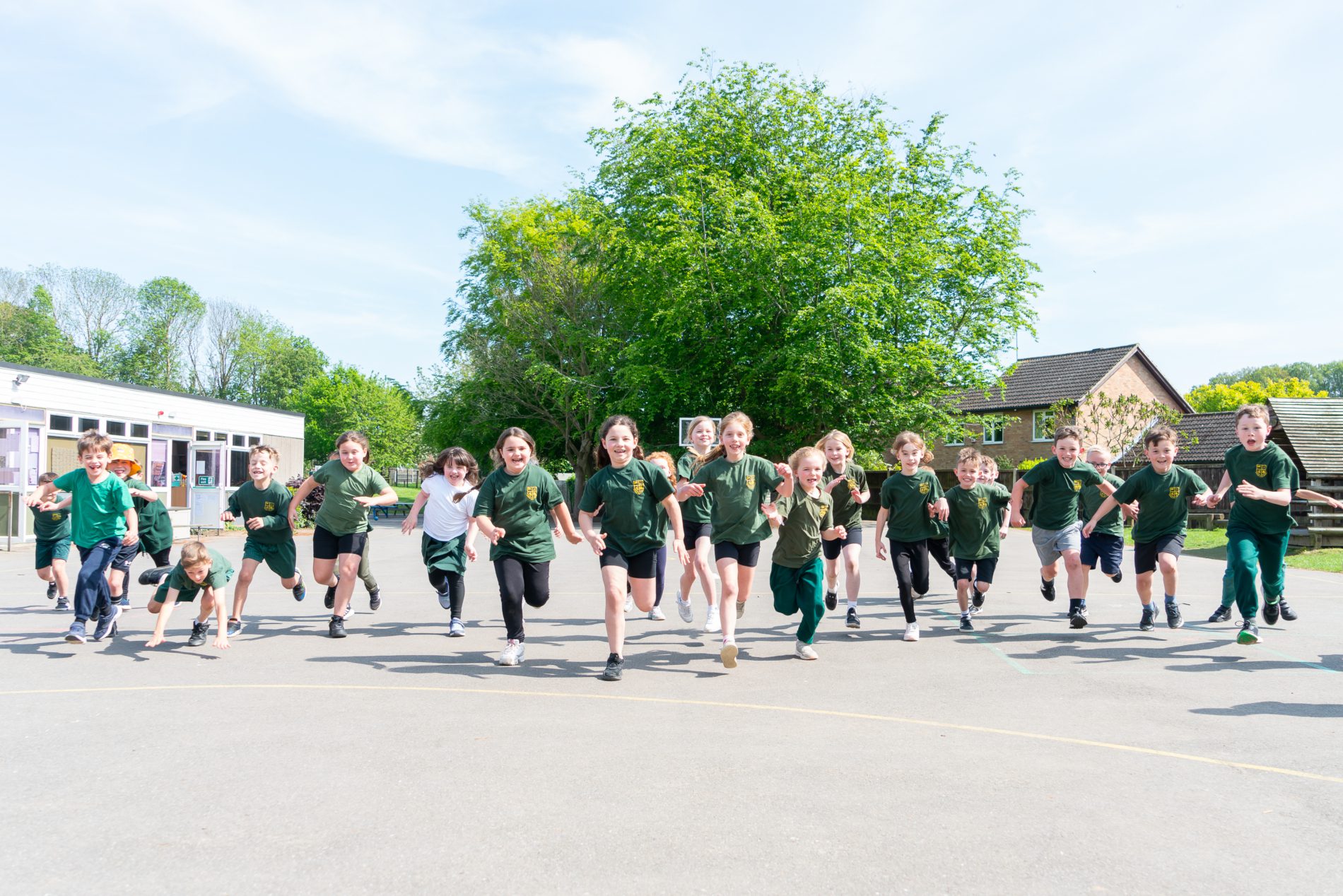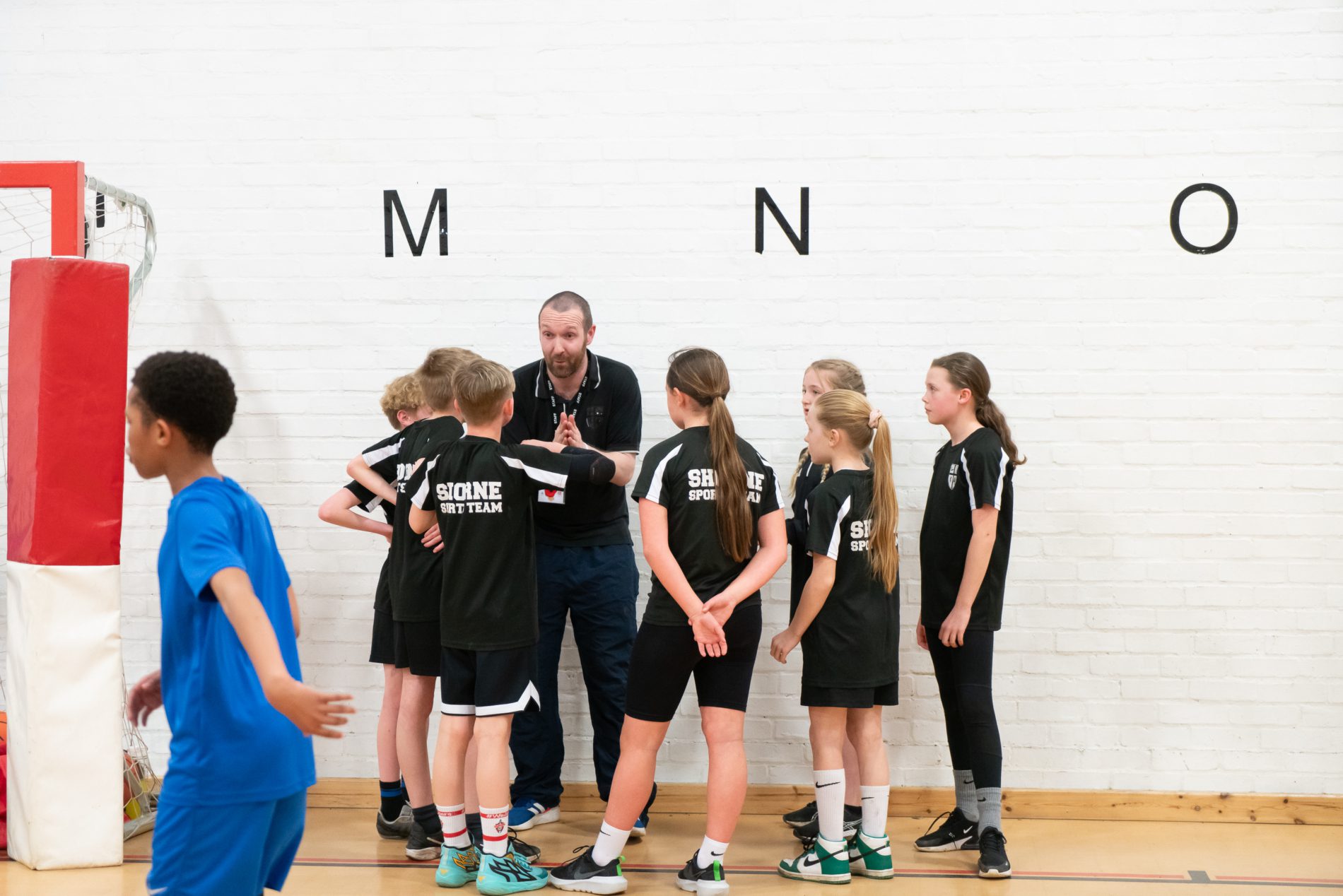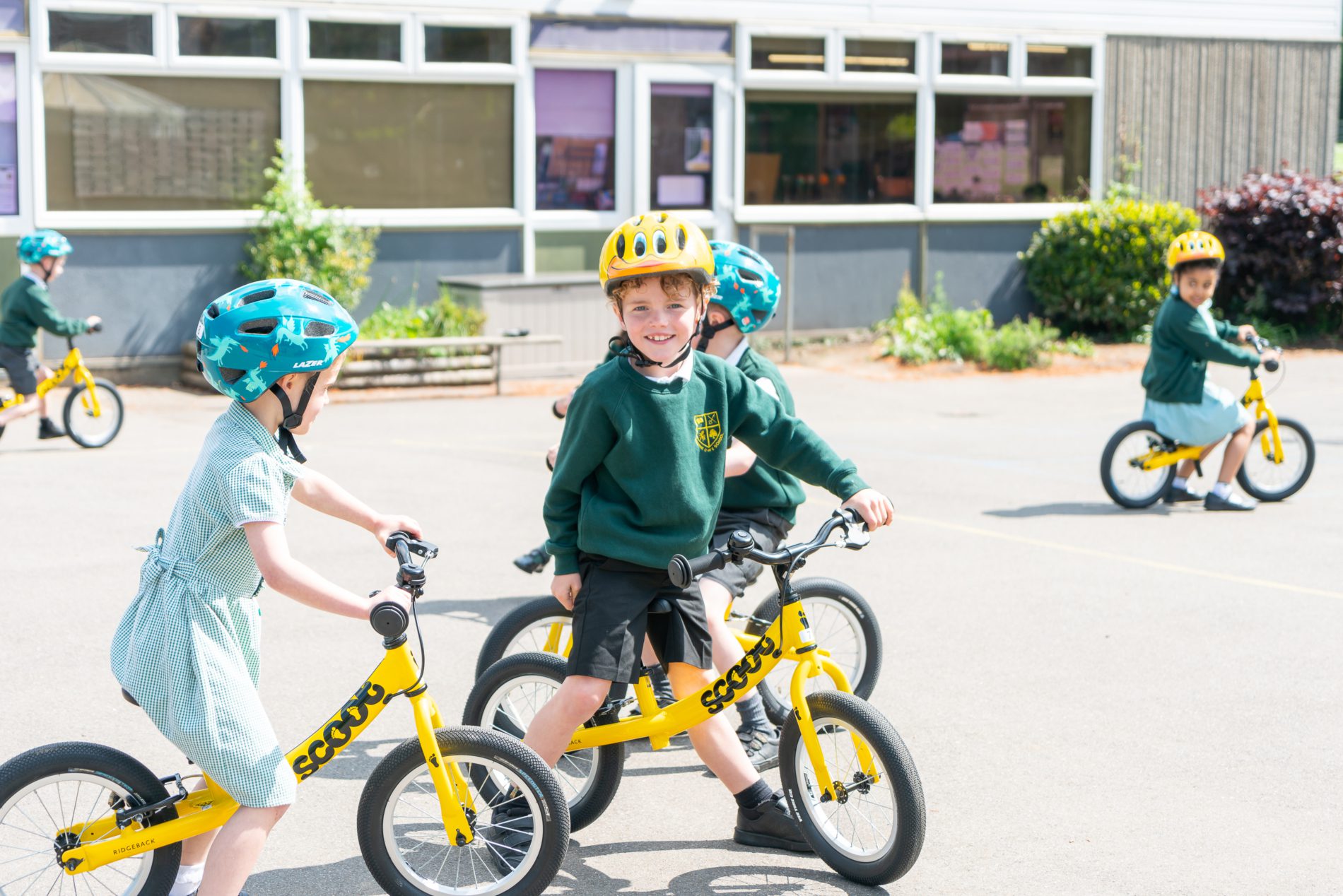Physical Education Subject Leader: Mr A Farnell
Intent
Shorne C of E Primary School recognises the importance of Physical Education on pupils’ health and wellbeing and the impact it can also have on their academic learning. We follow the aims of the national curriculum, ensuring that all children can:
- develop competence to excel in a broad range of physical activities
- are physically active for sustained periods of time.
- engage in competitive sports and activities
- understand how to lead healthy, active lifestyles.


Implementation
We use the Complete PE Scheme of Work to support the implementation of our PE curriculum. This resource ensures full coverage of the National Curriculum objectives, as well as providing a broad and enriching range of physical activity, topics and sports for the children to enjoy. The scheme of work can be tailored to the needs of the school, and we have carefully selected a range of learning opportunities in PE which support our curriculum drivers of Courage, Opportunity, Resilience and Diversity. Pupils revisit their learning during each milestone, allowing learning to be revisited, deepened and embedded.
Children have the opportunity to reflect upon their performances and give feedback to others. PE and school sports will also be used to further embed the school’s Christian Values of Respect, Community and Resilience.
Alongside the PE curriculum, pupils across the school are provided with a range of enrichment opportunities related to physical activity, including competitions, to broaden their experiences in PE. We recognise the impact that movement and oxygen have on our bodies and on our minds and encourage physical activity to support learning.
Impact
Our pupils acquire the full range of skills and knowledge outlined in the National Curriculum and recognise the resilience needed to improve and excel in a range of physical activities. They have opportunities to experience a broad range of individual and team activities so that they can all find something within PE that they enjoy and can achieve well in. Children are supportive of each other when participating in team and competitive individual activities, and fully understand the impact that physical activity can have on their health and wellbeing.

Physical Education in Each Stage
Throughout EYFS Physical Education, Children will be given opportunities to develop the main four different types of strength: core, shoulder, hand, and leg in order to gain mastery over their large muscles. This is obtained through day-to-day child-initiated as well as in PE, where the pupils are given the chance to run around, play, and participate in games, where they are also taught key motor skills such as stability and object control.
Children should develop fundamental movement skills, become increasingly competent and confident and access a broad range of opportunities to extend their agility, balance and coordination, individually and with others. They should be able to engage in competitive (both against self and against others) and cooperative physical activities, in a range of increasingly challenging situations. Children should be taught to:
- master basic movements including running, jumping, throwing and catching, as well as developing balance, agility and co-ordination, and begin to apply these in a range of activities
- participate in team games, developing simple tactics for attacking and defending
- perform dances using simple movement patterns
Children should continue to apply and develop a broader range of skills, learning how to use them in different ways and to link them to make actions and sequences of movement. They should enjoy communicating, collaborating and competing with each other. They should develop an understanding of how to improve in different physical activities and sports and learn how to evaluate and recognise their own success. Children should be taught to:
- use running, jumping, throwing and catching in isolation and in combination
- play competitive games, modified where appropriate (for example, badminton, basketball, cricket, football, hockey, netball, rounders and tennis), and apply basic principles suitable for attacking and defending
- develop flexibility, strength, technique, control and balance (for example, through athletics and gymnastics)
- perform dances using a range of movement patterns
- take part in outdoor and adventurous activity challenges both individually and within a team
- compare their performances with previous ones and demonstrate improvement to achieve their personal best
Physical Education Progression
Assessments
Teacher assessment is ongoing and forms part of our planning process in all subjects. Pupils’ attainment in all subjects is tracked 3 times per year against teacher assessment frameworks.
SEND Information
Interventions, support, and challenges are constantly revised and adapted to ensure all children are supported in achieving learning. Learning is robustly and continuously monitored and assessed to ensure gaps in learning are addressed. Teachers and support staff offer adaptive teaching to enable access for all, and may provide scaffolds, pre-teaching, and other support and intervention, as outlined in the Kent Mainstream Core Standards. Pupils may also be supported to access learning through the use of Clicker software.

